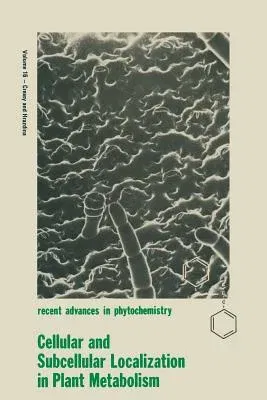Cellular and Subcellular Localization in Plant Metabolism (Softcover Reprint of the Original 1st 1982)Paperback - Softcover Reprint of the Original 1st 1982, 14 February 2013

Qty
1
Turbo
Ships in 2 - 3 days
In Stock
Free Delivery
Cash on Delivery
15 Days
Free Returns
Secure Checkout
Part of Series
Recent Advances in Phytochemistry
Print Length
277 pages
Language
English
Publisher
Springer
Date Published
14 Feb 2013
ISBN-10
1475747292
ISBN-13
9781475747294
Description
Product Details
Book Edition:
Softcover Reprint of the Original 1st 1982
Book Format:
Paperback
Country of Origin:
NL
Date Published:
14 February 2013
Dimensions:
22.86 x
15.24 x
1.52 cm
ISBN-10:
1475747292
ISBN-13:
9781475747294
Language:
English
Location:
New York, NY
Pages:
277
Publisher:
Weight:
385.55 gm

